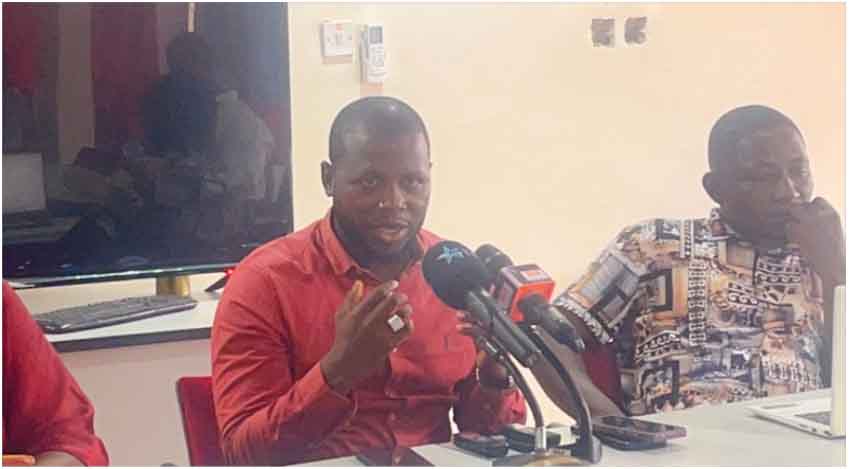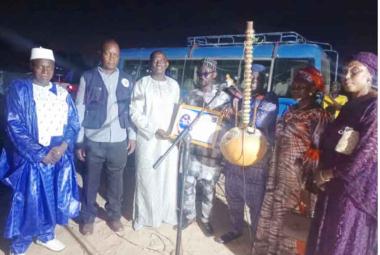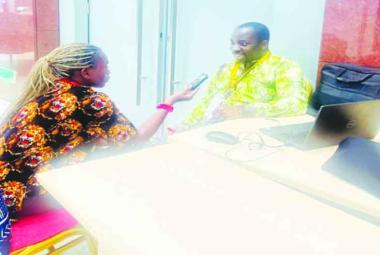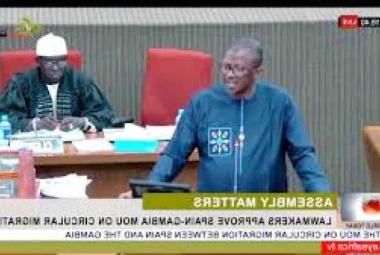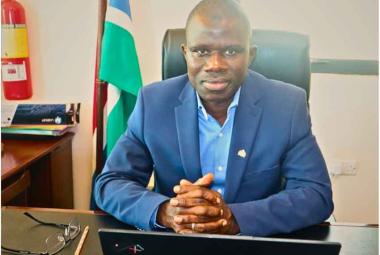By Kumba Leigh
The Parliamentary Reporters’ Association of The Gambia (PRAG), in collaboration with Africa Parliamentary Network (APN) recently concluded a two-day training of some Gambian journalists on parliamentary reporting.
Speaking at the opening ceremony of the training, Muhammed S. Bah, President of The Gambia Press Union called on journalists to prioritise decisions made by National Assembly members, especially the ones that affect large sections of society, such as ones related to healthcare, education, economy, and security.
He said the initiative is to ensure that Gambian parliamentary reporters become more committed and proactive to assessing the potential impact of these debates on ordinary citizens and emphasise them in their reporting.
“The objective of the training is to ensure parliamentary reporters are able to break down complicated legislative discussions into understandable language, making sure to clarify how these issues will directly influence the public’s daily life.
Mr Bah emphasised that in order to cover all angles that are of public interest, there is the need for journalists to incorporate in their reporting the voices of opposition members, experts, and civil society groups. This, he said, ensures balanced coverage, reflecting the breadth of opinions and concerns across the country.
“Reporters should engage the public by using interactive media like social media polls, podcasts, or even live broadcasts and encourage feedback and discussions about the issues raised at the Assembly,” he added.
In the area of oversight functions, budget and accountability, the GPU President stated that parliamentary reporters should explain the assembly’s role in scrutinising and approving the national budget, incorporate key debates over budget allocation, and explaining why certain areas receive more funding over others, as well as discuss the implications for public services.
Omar Bah, President of Parliamentary Reporters’ Association of The Gambia, informed that this was the first time his association implemented capacity building for its members, after they received a direct funding from Africa Press Network.
On the priority areas, he explained that the parliamentary reporters are reporters who regularly report and cover national Assembly Matters. He expressed their determination to making sure the association is a vibrant one.
Mr Bah expressed optimism that after the training, there would be a huge difference in reporting on parliamentary matters. He however cautioned journalists to put in more efforts and be proactive in their reporting, saying there is more to be done in reporting issues of the parliament.
Presenters, Madi Jorbateh and Mustapha K. Darboe, both harped on the need for journalists to ask the relevant questions and conduct adequate source mapping to figure out the essence of telling a story.
In addition, journalists were advised to familiarise themselves with the constitution, audit and budget reports, and get grounded with the necessary information about Gambia’s parliamentary process.

